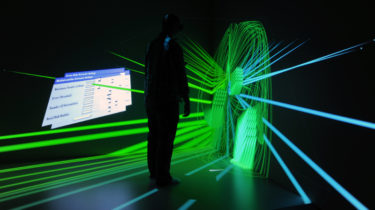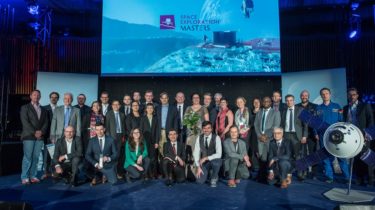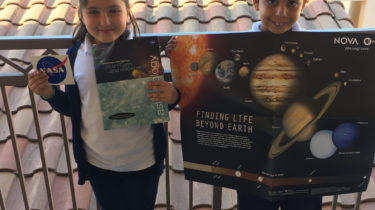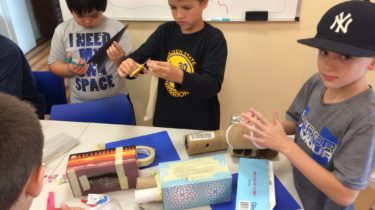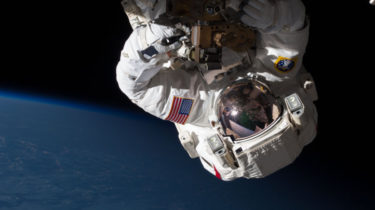The Ethics of Reproducibility in Computational Research
Sumeet Kulkarni shares his ethics & society case study, which he completed as part of our Young Scientist Program. I was motivated to choose this topic for study since my own BMSIS YSP project involved the computational modelling of bubbles growing in lava. The vesicles they leave behind when the lava solidifies into rock are important proxies in determining the atmospheric pressures at that epoch. This method has already been put into use in field studies of vesicle size distributions in […]
Read more
